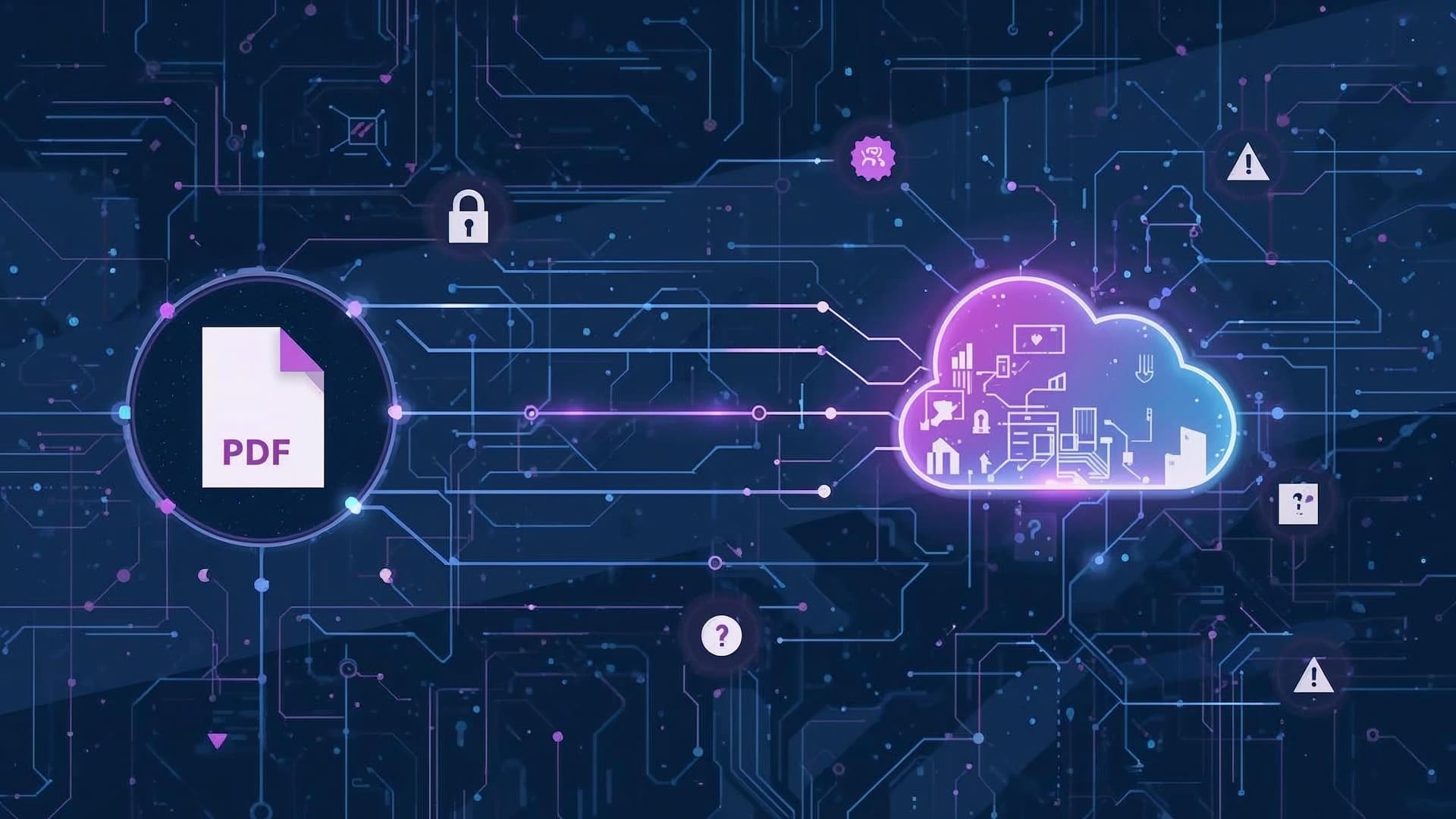Phishing continues to succeed despite increasingly sophisticated AI-driven threats, with attackers relying on familiar tools such as PDFs and cloud services. Researchers have identified a new campaign using legitimate-looking documents to redirect victims to credential-harvesting pages impersonating Dropbox.
The attack starts with professional emails framed as procurement or tender requests. When recipients open the attached PDF, they are quietly redirected through trusted cloud infrastructure before reaching a fake Dropbox login page designed to steal corporate credentials.
Each stage appears legitimate in isolation, allowing the campaign to bypass standard filters and authentication checks. Business-style language, reputable hosting platforms, and realistic branding reduce suspicion while exploiting everyday workplace routines.
Security specialists warn that long-standing trust in PDFs and mainstream cloud services has lowered user vigilance. Employees have been conditioned to view these formats as safe, creating opportunities for attackers to weaponise familiar business tools.
Experts say phishing awareness must evolve beyond basic link warnings to reflect modern multi-stage attacks. Alongside training, layered defences such as multi-factor authentication and anomaly detection remain essential for limiting damage.
Would you like to learn more about AI, tech, and digital diplomacy? If so, ask our Diplo chatbot!










